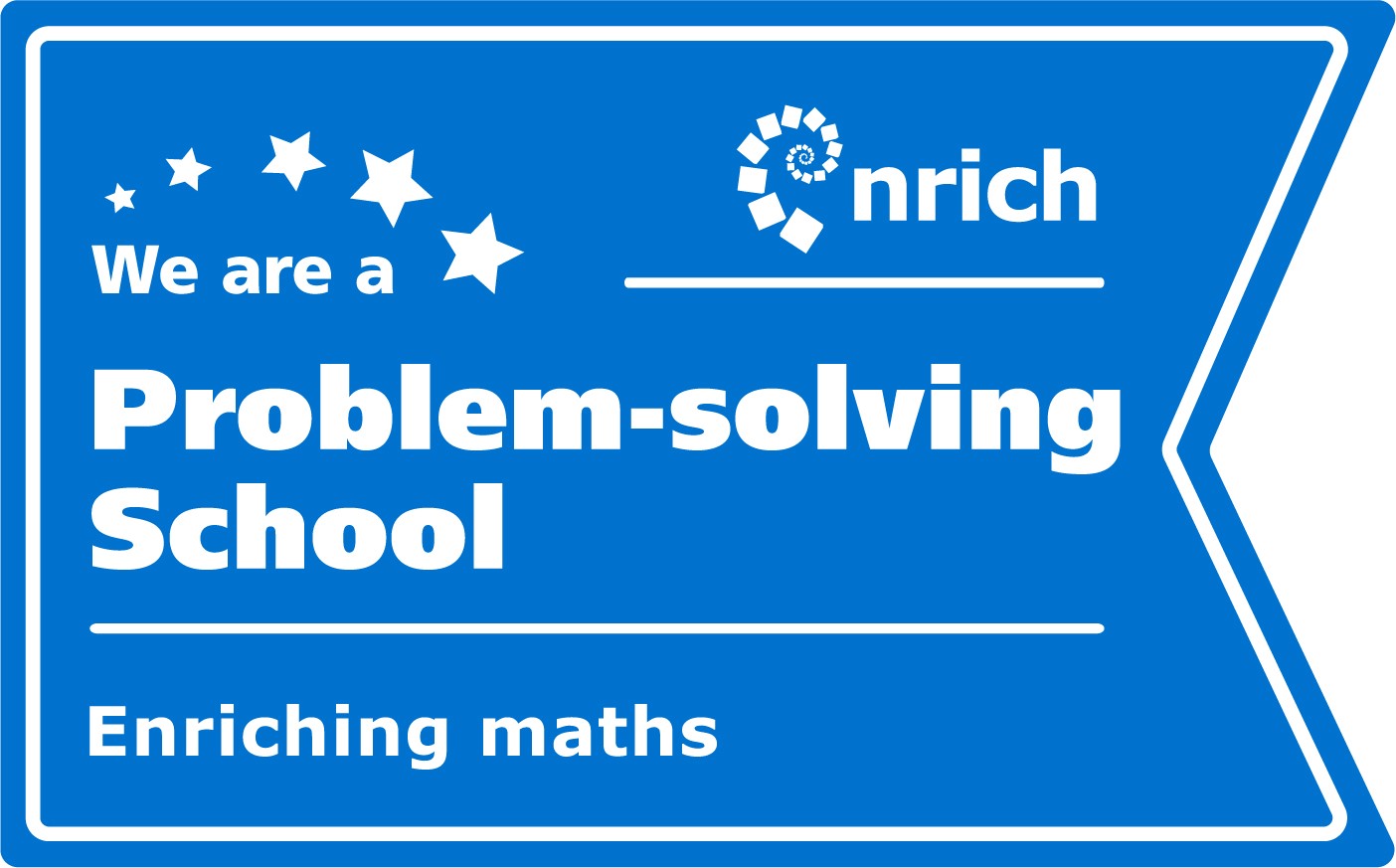Design & Technology
D&T Whole School Overview
Overview
At Lodge Primary, we are committed to providing a curriculum that stimulates curiosity, imagination and creativity. We believe in fostering enjoyment, satisfaction and purpose in designing and making.
Children develop a thorough understanding and passion of Design and Technology in their world and the impact it has on their lives.
Throughout their time at Lodge they will gain a wide range of relevant skills in planning, designing, making and evaluating through a variety of exciting and projects. The children will learn the importance of a balanced diet and gain skills in preparing and cooking a variety of food.
Intent
The intention of our curriculum is that it maintains, confidence and ability. As well as building resilience whilst working as a member of a team or independently.
Our broad design and technology curriculum will enable our pupils to think, question and explore the practical world around them and develop a positive and passionate approach to their learning through creative design. Encouraging the use of technical vocabulary during discussion opportunities links directly into our whole school focus on improving oracy skills.
Design and technology lessons take into consideration the needs of children with SEND and the most able. Enabling all children to access our curriculum and to feel confident in their design decisions.
Implementation
|
Through a variety and creative activities, we teach the knowledge and understanding and skills needed to engage in the process of designing, making and evaluating. This is adapted to the particular needs and requirements of our pupils ensuring the National curriculum is followed. Pupils are introduced to specific designers, chefs, nutritionists, etc. helping to engender an appreciation of human creativity and achievement and increase the cultural capital from which they can draw in the future. Our curriculum is implemented through the following stages of design, make and evaluate: |
|
|
Design
|
|
|
Make
|
|
|
Evaluate
|
|
|
Cooking and nutrition |
|
|
Technical Knowledge
|
Each of these stages are rooted in technical knowledge and vocabulary.
|
|
Provision in EYFS |
Early Years Foundation Stage During the EYFS pupils explore and use a variety of media and materials through a combination of child initiated and adult directed activities. They have the opportunities to learn to:
Use what they have learnt about media and materials in original ways, thinking about form, function and purpose
|
|
Assessment |
Assessment of DT at both KS1 and KS2 will be based on teachers’ judgments. Assessments take place at all stages of the design, make and evaluate. Class teachers assess children’s understanding in design by using assessment indicators and this is then recorded on our school assessment tracker. This data is then analysed to improve the children’s learning. |
Impact
Our curriculum enables to inspire the next generation of innovators.
We give pupils the opportunity to design and make products that are relevant, real and useful. Our design and technology curriculum allows pupils to develop confidence and enthusiasm as they make links between other areas of the curriculum such as language development, mathematics, science and computing, as well as connecting with the wider world.
We ensure the children:
- develop the creative, technical and practical expertise needed to perform everyday tasks confidently and to participate successfully in an increasingly technological world.
- build and apply a repertoire of knowledge, understanding and skills in order to design and make a range of products. for a wide range of users and critique, evaluate and test their ideas and products and the work of others.
- understand and apply the principles of nutrition and learn how to cook.
A good quality finish will be expected in all design and activities made appropriate to the age and ability of the child.
Children learn how to take risks, becoming resourceful, innovative, enterprising and capable citizens. Through the evaluation of past and present design and technology, they develop a critical understanding of its impact on daily life and the wider world.

